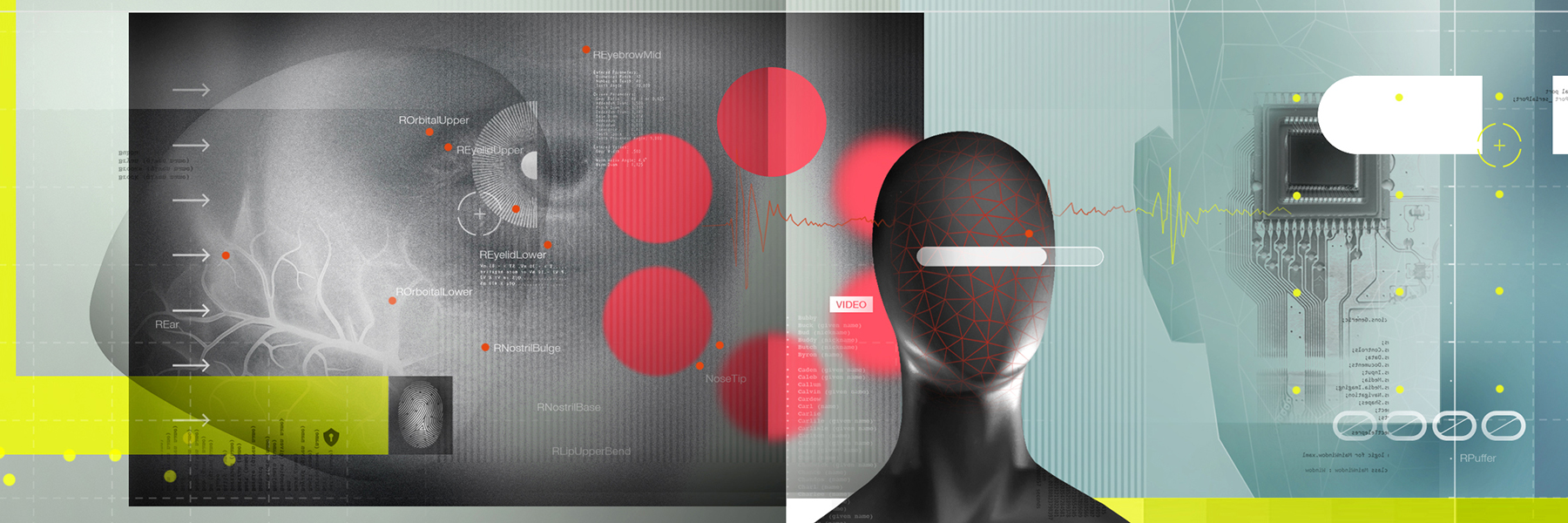How a Swiss-led global network fosters greater access to AI

Switzerland is spearheading a global initiative to promote equal access to artificial intelligence (AI), regardless of a country’s economic strength or political power. Three pilot projects demonstrate the power of pooled international resources to boost AI research into some of the world’s most pressing problems.
+ Get the most important news from Switzerland in your inbox
AI is widely acknowledged as a breakthrough technology that can power rapid advances in many areas of scientific research, from weather predictions to medicine and energy. But there is also a danger that resource-rich countries and companies could monopolise the new generation of powerful computers.
While perceived as slow to adapt national laws to govern the use of AI domestically, Switzerland has now earned praise on the international stage for promoting the sharing of AI expertise and experience worldwide.
+ Swiss diplomat defends role in European AI treaty
The Swiss-led initiative, called the International Computation and AI Network (ICAIN), aims to matchmake scientific projects in developing nations with the most cutting-edge supercomputers and the world’s best AI know-how to create a level playing field.
“We observe a huge power imbalance,” Katharina Frey, deputy head of digital foreign policy at the Swiss foreign ministry, told SWI swissinfo.ch. “There are a handful of companies worldwide capable of developing large-scale models, while the majority of the world does not have access to this level of computing power.”
Pushing back against inequality
Besides the Swiss foreign ministry, the founding members of ICAIN also include the federal institutes of technology in Zurich (ETH Zurich) and Lausanne (EPFL), the European Laboratory for Learning and Intelligent Systems, Data Science Africa, plus supercomputer centres in Switzerland and Finland.

“It is important that ICAIN is pushing back against inequality of access to AI,” said Ciira Maina, chair of Data Science Africa. “Big tech is in itself not a bad thing – we all use the products. But it’s important to have a varied ecosystem in place.”
Launched in January, ICAIN supports two science projects in Africa and an AI initiative with the International Committee of the Red Cross (ICRC). Each project is granted access to supercomputers and leading academic AI experts.
The ICAIN network closely follows a United Nations call for equal access to AI. In a September report, the UN singled out ICAIN as an example of how global resource-sharing AI networks can promote sustainability goals. “Advanced economies have both the capability and duty to facilitate AI capacity-building through international collaboration,” the report reads.
In the context of ICAIN, what are the practical implications of this? According to Maina, who’s also a professor of electrical engineering and data science at the Dedan Kimathi University of Technology in Kenya, international collaboration can boost African research into weather predictions and identifying crop diseases.
+ Could Switzerland take the lead on AI ethics?
“Bringing on board more computing power is an exciting new ingredient because it means we can do this research on a larger scale,” said Maina. “ICAIN has unlocked high-quality expertise and access to high-level computers.”
Protecting sensitive data
AI is able to crunch more data in machines that can be trained to “think” for themselves, learning as they go along. This leads to a higher rate of computation and a greater variety of solutions to problems.
This computational bounty could also prove beneficial to the humanitarian work carried out by the ICRC. The ICRC relies on vast amounts of case files and field notes obtained from their workers on the ground, supplemented by data from satellites, for example.
More
The ICRC hopes that Large Language Models – AI systems trained to understand and interpret large volumes of data – can make better sense of the continuous flow of ever-changing data that derives from chaotic situations, allowing it to better plan and mobilise operations.
“We see how AI is reshaping warfare and the direct impact this has on civilians in conflict zones,” said Blaise Robert, who advises the humanitarian organisation on AI. “AI also presents important potential to improve the way we deliver humanitarian aid.”
Swiss initiative
It is also important to the ICRC that ICAIN allows it to retain complete control over sensitive data.
“Retaining the trust of the people we talk with in sensitive situations depends on our capacity to maintain the confidentiality of that dialogue,” said Robert. “It’s very important that the ICRC keeps very tight control of its data. We need to be certain we are not dependent on certain actors who could later bring negative operational consequences.”
Maina from Data Science Africa praised Switzerland for taking the initiative to get ICAIN off the ground.
“Many people have been talking about the AI inequality problem, but sometimes it takes leadership to bring the right people together in the same room to solve problems collaboratively,” he said. “We have started with a seed that can hopefully fuel more global interaction and bring new partners on board.”
Switzerland may have initiated ICAIN, but the Swiss foreign ministry says it has no desire to control its operations and continued growth into other regions of the world. The plan is to create an independent legal entity in Switzerland that will manage the matchmaking between scientific projects and AI resources.
Sustainability and justice
Details of the association are yet to be released but the idea is to free the body from any suggestion of political interference by countries.

More
The ethics of artificial intelligence
“We absolutely need initiatives that aim to create alternatives to the current political economy behind AI, which is dominated by a handful of enormously big global companies,” Angela Müller, executive director of the NGO Algorithm Watch Switzerland, told SWI swissinfo.ch.
“ICAIN should not limit itself to focusing on how we can use more and more AI to promote sustainability or justice, but also on how we can make AI itself more sustainable and just,” she said.
Edited by Sabrina Weiss/Veronica De Vore/gw

In compliance with the JTI standards
More: SWI swissinfo.ch certified by the Journalism Trust Initiative









You can find an overview of ongoing debates with our journalists here . Please join us!
If you want to start a conversation about a topic raised in this article or want to report factual errors, email us at english@swissinfo.ch.